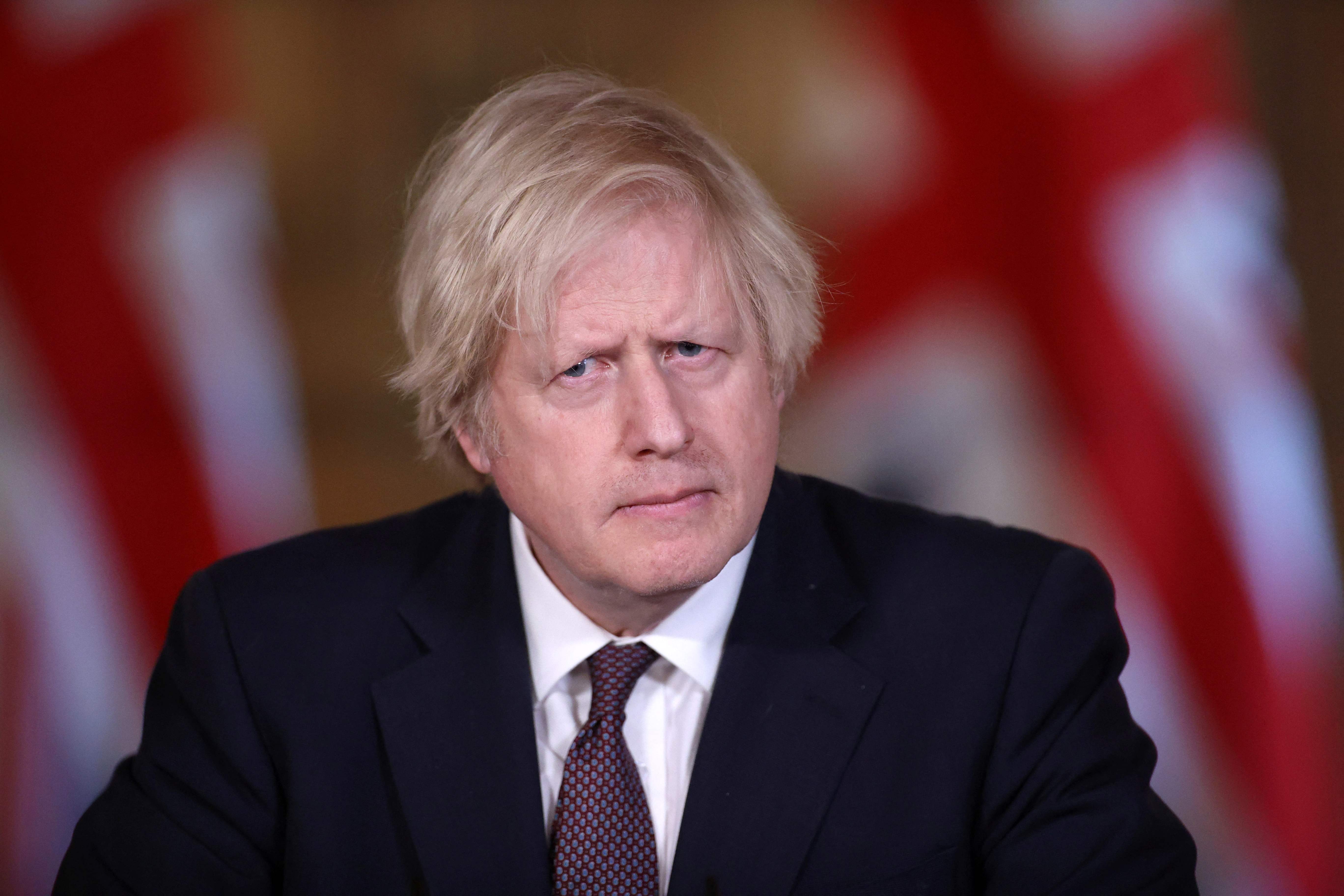Cyber warfare a key part of UK’s ‘full-spectrum’ defence plan, Boris Johnson to say
High technology as revolutionary as air power was in early 20th century, PM warns

Your support helps us to tell the story
From reproductive rights to climate change to Big Tech, The Independent is on the ground when the story is developing. Whether it's investigating the financials of Elon Musk's pro-Trump PAC or producing our latest documentary, 'The A Word', which shines a light on the American women fighting for reproductive rights, we know how important it is to parse out the facts from the messaging.
At such a critical moment in US history, we need reporters on the ground. Your donation allows us to keep sending journalists to speak to both sides of the story.
The Independent is trusted by Americans across the entire political spectrum. And unlike many other quality news outlets, we choose not to lock Americans out of our reporting and analysis with paywalls. We believe quality journalism should be available to everyone, paid for by those who can afford it.
Your support makes all the difference.Cyber warfare will be a key part of Britain’s armoury against hostile states and terrorist groups, Boris Johnson is due to announce.
The prime minister will set out the contents of an integrated review of the UK’s foreign, defence and intelligence policies next week.
In what has been described as the most important blueprint of the country’s security strategy to be laid in recent history, Mr Johnson will say that high technology has transformed the nature of conflict in the same way air power did a century ago.
He will announce plans for a “cyber corridor” across the north of England, which will involve placing the headquarters of the new National Cyber Force (NCF) in the north, a region where the Conservatives breached the “red wall” of Labour constituencies in the last general election.
Basing the NCF there is intended to generate economic growth in the digital and defence sectors while drawing in the private sector and academia to work with the government on projects. The Ministry of Defence pointed out that military-based enterprises already provided 35,000 jobs in the northwest of England.
Read more
The NCF will carry out offensive missions against targets including hostile states, terrorist groups, organised crime networks and international paedophile rings.
The organisation, which brings together a number of security and intelligence agencies, is meant to provide the most advanced technological assistance to operations ranging from on-the-ground special forces raids to countering the use of the internet for child sexual abuse.
The need for such a centralised force has become acutely necessary, say intelligence and defence officials, due to a huge rise in threats in the cyber domain.
Mr Johnson will say: “Cyber power is revolutionising the way we live our lives and fight our wars, just as air power did 100 years ago.
“We need to build up our cyber capability so we can grasp the opportunities it presents while ensuring those who seek to use its powers to attack us and our way of life are thwarted at every turn.
“Our new, full-spectrum approach to cyber will transform our ability to protect our people, promote our interests around the world and make the lives of British people better every day.”
However, while the government is declaring its focus on cyber, the Commons Defence Committee has charged that conventional weaponry has been grossly neglected mainly because of a series of botched procurement programmes.
As a result the Army’s ageing tanks and armoured vehicles are likely to find themselves overmatched in any conflict with Russian forces, the MPs claimed in a report titled “Obsolescent and outgunned”.
It said It that any “artillery duel” between modern British and Russian divisions was "likely to end one way – and not necessarily to the British Army's advantage".
The committee blamed a history of “bureaucratic procrastination, military indecision, financial mismanagement and general ineptitude” which it said had marked attempts to re-equip the Army over the past two decades.
Join our commenting forum
Join thought-provoking conversations, follow other Independent readers and see their replies
Comments